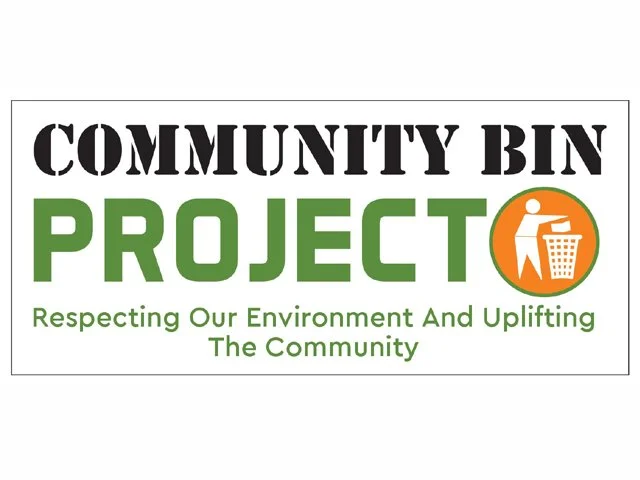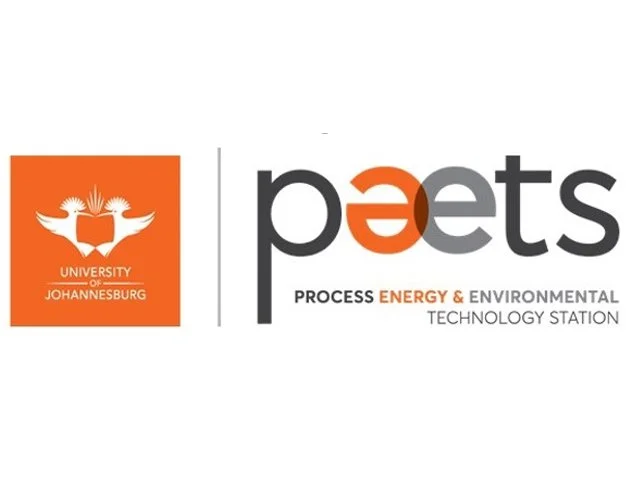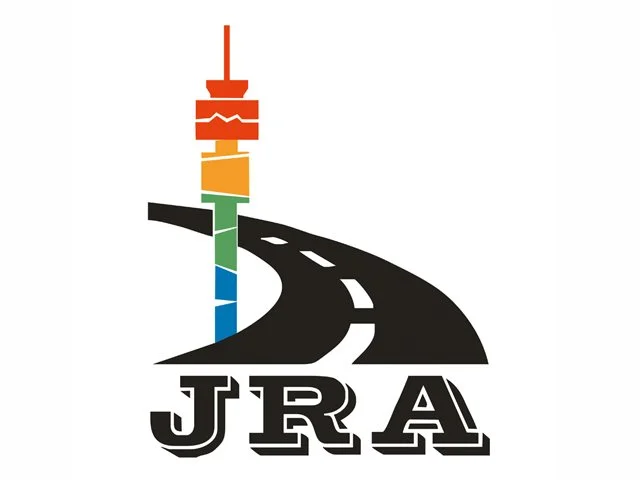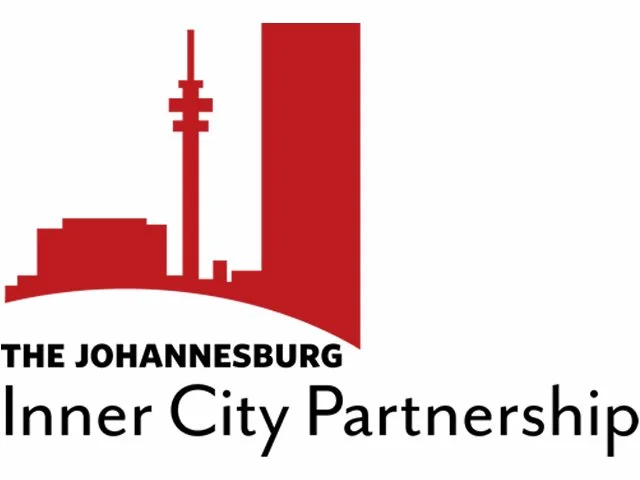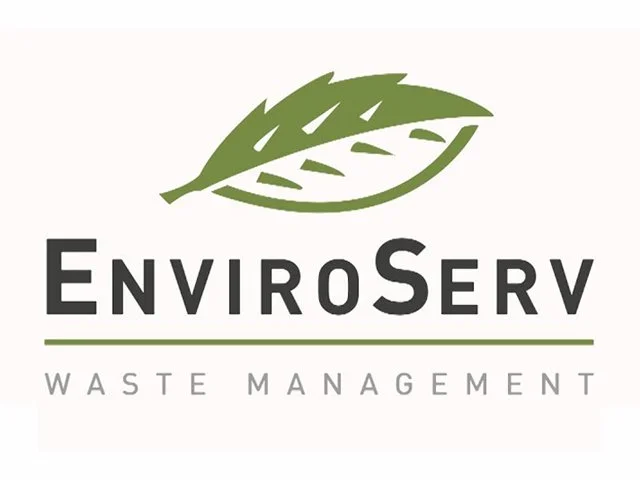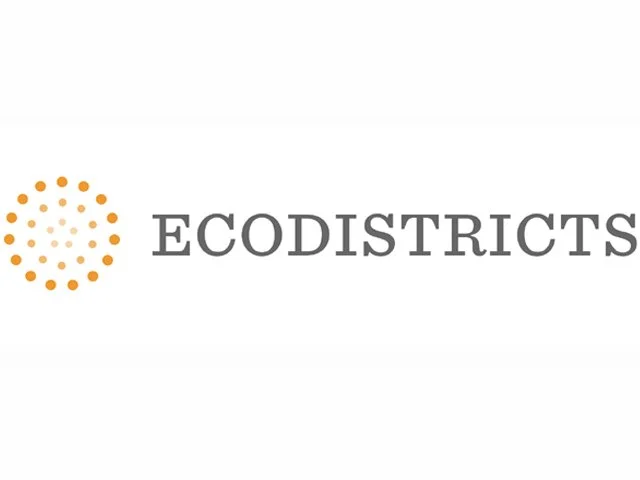Member Profiles
-
Romy Stander is a director and co-founder of the NGO, Water for the Future(2017-). Romy’s background is in producing large-scale interior design projects for blue chip companies around the world, with a particular passion for integrating handmade African crafts. She is committed to understanding how materials are made and how this process benefits the maker, immediate community, and environment. In 2016, Romy was hired by the founders of Nandos to enhance work- and guest- experience through considered and sensitive beautification projects around Nando’s upliftment projects in Mozambique. Her “from the-ground-up” approach expands to her singular focus on a holistic approach towards the remediation of the daylight point of the Jukskei River, directly behind the celebrated head office of Nando’s known as Central Kitchen, which she has developed into a team effort.
-
Holly Lufele is Rhodes University graduate with a Bachelor of Social Science (Hons). Holly has worked in the Human Capital arena for over 10 years. Over that time, she held various Human Capital business partnering roles in the Technology and Financial Services Sector, she has a wealth of experience in driving and executing the people strategy across various functions, coaching leaders and helping organizations scale. She is currently a HR Leader at Amazon Web Services in EMEA. Holly is a strong advocate of Inclusion Diversity and Inclusion efforts and support in building inclusive work cultures.
-
Jane Isabel Eagle obtained a Bachelor of Arts (University of Natal) in 1979 and a Masters in Town and Regional Planning (University of Natal) in 1986. She has worked in both provincial and local government as an urban planner for over 10 years, dealing with a broad range of issues including housing, economic development, environmental management, spatial planning, and land use management. She subsequently focused on environmental sustainability, managing various sectors including air quality and climate change, waste management and catchment management, and water quality. She served in various positions at the City of Johannesburg, including unit head for environmental management at the Northern Metropolitan Local Council (City of Johannesburg), assistant director for environmental quality management, and assistant director for catchment management for the City of Johannesburg Metropolitan Municipality. Most recently, as Deputy Director of Open Space Planning in the Environment and Infrastructure Services Department of the City of Johannesburg, She was responsible for policy, planning, and regulation in respect of the city’s open spaces, green infrastructure, and stormwater management. A key focus of her work was the role that green infrastructure can play in terms of adaptation and resilience in the face of climate change, particularly in respect of improved water resource management and water security, sustainable urban drainage systems, and the mitigation of flood risk.
Jane Eagle previously served on the Board of Trustees for The Greenhouse Project and was an advisory board member for the establishment of the Crocodile Marico Catchment Management Agency. She is a former chairperson of the Johannesburg Municipal Pension Fund and currently serves as a trustee on the Phumula Retirement Fund.
-
Professor Mehita Iqani is South African Research Chair in Science Communication at Stellenbosch University, and advises WFTF on making complex data more accessible to audiences. Her research is interdisciplinary, spanning the politics of waste, consumption and inequality, cultural theory, critical discourse analysis, and strategic communications. She is the author of three monographs, most recently Garbage in Popular Culture: Consumption and the Aesthetics of Waste (2020, SUNY Press). She is the co-editor of four collections, most recently Media Studies: Critical African and Decolonial Approaches (2019, OUP) and African Luxury: Aesthetics and Politics (2019, Intellect and University of Chicago Press). She has also published widely in and reviews for key international journals, is Associate Editor of Consumption Markets and Culture, and is on the board of International Journal of Cultural Studies and Communication Theory. Her PhD is in Media and Communications from the London School of Economics and Political Science.
-
Jessica is Water for the Future’s most recent addition, joining the team as a writer and content developer. Jessica is a practicing artist with the Goodman Gallery and critical thinker with a PhD in Philosophy. The art of communicating is at the heart of Jessica’s passion for conveying ideas to a given audience. Recognized as a nuanced painter whose ideas hold meaning for contemporary experience, her work is collected by public and private entities across the globe. As a wheelchair-user, Dr Jessica’s disability instills a sensitivity towards diverse forms of awareness that is assisting WFTF in their ambitions for a fully accessible and recreational green corridor.
-
Independent Financial Advisor and Consultant, Director and Non-Executive Credit Committee Member
Inal has over 18 years Investment and Corporate Banking experience across sub-Saharan Africa in Infrastructure, Energy, Oil & Gas, Extractives and Asset Finance. She has a deep understanding of Cross Border African Trade and Export Credit Agency Finance.
Inal is an Independent Advisor and Consultant focussing on Project Finance and DFI/ Agency and Export Finance transactions in sub-Saharan Africa. Prior to this she was the Head of Structuring in the Markets Division of RMB. She also established and built an Export Credit Finance and Credit Risk Mitigation Business for the Bank. She was a Director in the Project and Capex Financing team at Absa/Barclays Capital and a Senior Account Manager at the Industrial Development Corporation.
Inal has worked on a number of leading green and brownfields Infrastructure Projects on the Continent and has developed relationships in the Finance industry with Multilateral and Development Finance Institutions, Export Credit Agencies, Private and Company Market Insurers, Impact Capital Funds and Project Sponsors.
Inal is a strong supporter of the African Just Transition Finance Agenda and actively participates in the broader ESG and Sustainability Finance agendas.
Inal holds an LLB (summa cum laude) from the University of Natal and an LLM from the University of Cambridge (Newnham College) and a Certificate in ESG Investing from the CFA Institute. Inal is an admitted Attorney and admitted Notary Public of the High Court of SA. In addition Inal is a Non-executive Credit Committee member of Old Mutual Alternative Investments – Infrastructure Debt and sits on the Board of Kgwale le Mollo Bursary Foundation (SA).
In recognition of her excellence within the Finance Industry Inal was nominated by Trade Finance Global (TFG) for 2023’s 100 Women in Trade, Treasury and Payments – Export Finance Category.
-
Sane is a WITS graduate with an Honours in Media Studies. She is strongly involved in developing Water for the Future’s work with children’s theater, and on-site tours. A trained and experienced theatre and television performer, Sane is also a professional dancer, MC and overall creative. She believes that environmental theatre is “good edutainment that redefines dirt and enhances change in behaviour”.
-
Ruvimbo Mutasa is a Wits graduate with a BSc (Hons) in Civil Engineering. She aspires to be a Water Resource Specialist, a lecturer and a researcher. She intends to use her yet-to-be acquired professional experience in this field as a voice for underdeveloped communities whose right to water and a clean environment is often ignored. She is also a visual artist, and was selected among a cohort of female illustrators for Khaloza Books to feature their work in the inspirational novel for young girls entitled, Her Story: Daughters of Modjadji (2017). In addition, she is currently nurturing her love for sustainable and eco-friendly fashion as a self-taught bag designer using pre-loved denim and other materials that are often discarded as waste. Ruvimbo believes that “In order for every individual to become the best versions of themselves, they have to be willing to look past themselves first.”




















